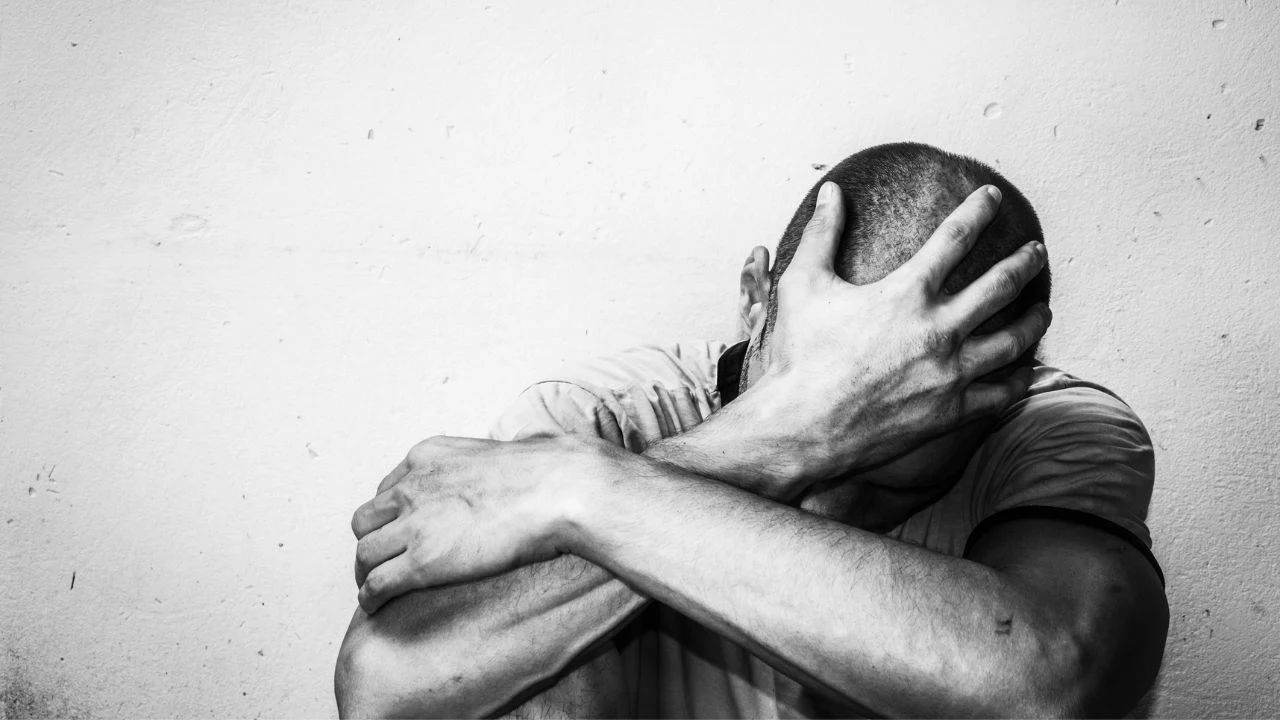
|
Everyone becomes down or sad at times. Life events or just a bad day can sometimes make us upset, and small things like bad traffic can make us irritable. But when a person experiences constant feelings of sadness and irritability, is exhausted with little or no activity, decreases in social activity or participating in usually enjoyable activities, that person may be depressed. Symptoms of a depressed person include low self-esteem, changing or irregular sleeping patterns, or spending lots of time thinking about things that have gone wrong. At this point in time, there is no one known cause for depression, however, some theories and studies indicate that severe cases of depression stem from events such as financial problems, relationship troubles, or the loss of a loved one. Sometimes the person’s depression may stem from a troubled childhood or family conflict, especially ones that have to deal with parenting issues or between parents. Other times it could be a completely spontaneous mental problem that arises from seemingly nothing.
Women are twice as prone to depression as men. Women deal with more hormonal factors that give them a predisposition to becoming more likely to be depressed. Factors such as the menstrual cycle, miscarriages, premenstrual syndrome, and menopause all contribute to the increase in the likelihood of a woman becoming depressed. Outside stressors and tensions of caring for children, overworking, and single parenthood is a definite factor in the episodes of depression in women as compared to men. That is not to say that men don’t experience their fair share of stresses. Many men become depressed when they go through issues such as a family court, job layoffs, or other huge disappointments.
Although there are no conclusive tests to diagnose depression, a good assessment of a person’s family history or inquires involving physical or chemical abuses that may contribute to the patient’s current mood. Once a diagnosis of some form can be completed most doctors will attempt to treat the depression with medication therapy or a combination of both. The importance of treatment should be stressed as a person who goes without treatment may experience continued negative effects on normal daily functioning or even violence. Suicide attempts or trying to hurt someone else are all possibilities if the illness is gone untreated for too long. Treatments are usually a combination of drug therapy and professional counseling that requires immense family support. Anti-depressive drugs may be prescribed and have proven to be very successful in the treatment of depression. The family’s support of the person who is coping with symptoms of depression is vitally important to recovery. Expressions of love, appreciation and normal communication should be the role of the family in the treatment of the person experiencing a depressive state. Other treatments are simple and only require adequate sleep, regular exercising, avoiding illegal drugs and alcohol, and eating a healthy diet. Depression is a serious problem that can be treated effectively if caught before severe depression has begun to set in. Take the steps now to prevent serious or fatal consequences if you think that you or someone you know is depressed.
If you are feeling depressed, then you should take action. You may have something stressful in your life. If so, remove it. Our time on life is short, and there is no reason why anyone should spend their precious time worrying about something.
